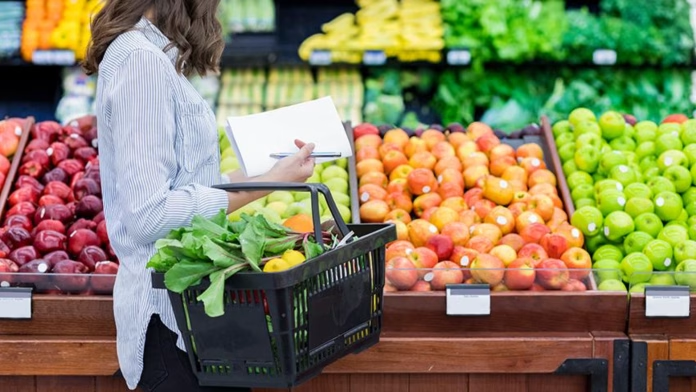FMCG organizations in Italy have formally communicated their intention to the government, urging their food manufacturer members to implement significant price reductions.
In a collaborative announcement by Centromarca, Federalimentare, IBC, and the Italian Food Union, these associations disclosed that they convened with the Ministry of Business and Made in Italy on September 8th to “explore strategies aimed at mitigating the adverse impact of inflation on consumers and households.”
Following the meeting, a collective letter of intent was prepared and presented to Minister Adolfo Urso, who leads the Ministry of Enterprises and Made in Italy (Mimit), with the objective of devising strategies to address the issue of inflation.
First on the list is an agreement by the four groups to provide information to their members “on every initiative developed by the Ministry regarding the fight against inflation”.
They will ask members to voluntarily develop – “in compliance with free competition” – measures “aimed at counteracting” inflation for the October-to-December period. And, the statement added, “where it is considered practicable by the individual company from the point of view of its economic sustainability”.
Any forthcoming initiatives should then be proposed by the food producers to “large-scale retail trade companies, in strict compliance with the legislation on unfair commercial practices in the agri-food supply chain”.
The statement added: “In compliance with the freedom of strategy mentioned above, each company will evaluate the impact, positively or negatively, on its economic accounts caused by the trend in production costs, influenced by the price of raw materials, energy, logistics and packaging.”
The four groups have proposed a meeting to be convened by Minister Urso, which aims to engage the entire supply chain. This gathering will encompass processors and raw materials suppliers, energy and logistics firms, as well as packaging and distribution representatives.
Francesco Mutti, president of Centromarca, and Flavio Ferretti, president of IBC, said in the joint statement, “The fight against inflation and the protection of the purchasing power of families, in a particularly delicate phase of the economic situation, is a priority for the industrial fabric of the country.
“Minister Urso’s desire to involve all the components of the supply chain in a common effort was decisive in catalysing the broad discussion. We hope that Mimit will convene the working table as soon as possible, so as to be able to focus on and address the countless critical issues that generate inefficiencies and therefore costs within the consumer goods supply chain.”
The letter of intent, as mentioned in the statement, addresses the economic challenges that “consumer goods companies” currently confront. These challenges include pervasive supply chain inflation, rising energy expenses, the ramifications of the Ukraine conflict on raw material supplies, and weather conditions in Italy.
In August, inflation in Italy decelerated to 5.5% on an annualized basis, marking the lowest rate since January 2022. The inflation rate for processed food also moderated, declining from 10.5% to 10.1%. Meanwhile, unprocessed food saw a rate of 9.2%, down from 10.4%.
The industry associations also pointed out that not all of the input cost inflation has been transferred to consumers by manufacturers in Italy. This reflects their efforts to strike a balance between safeguarding their businesses and employment while also catering to consumer demand.
According to a recent United Nations report on food commodity prices, sugar and rice stood out by not following the downward trend seen in other categories like meat and dairy during August. However, the average price of these five commodities has decreased from its peak in March 2022.
Meanwhile, Portugal has decided to extend the zero VAT (Value Added Tax) exemption on essential food items until the end of the year to assist consumers with their cost of living.
Another European nation, France, has also implemented steps to address the issue of elevated food prices. Last month, they reached an agreement with producers to either maintain or reduce prices on various products, including food.
Nevertheless, France’s Finance Minister, Bruno Le Maire, has expressed his concern that certain manufacturers are not adequately contributing to the battle against inflation. He specifically mentioned Nestlé, PepsiCo, and Unilever as companies that, in his view, are not aligning with the necessary measures.





